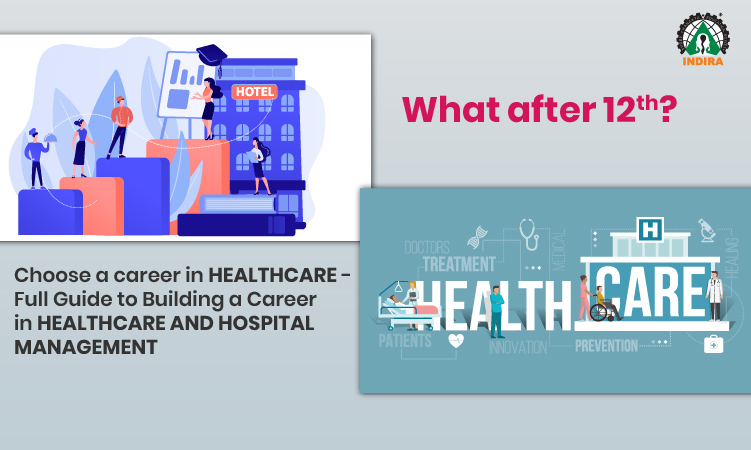Pharmacy Knowledge:Possess knowledge and understanding of the basic concepts and their applications in the profession of pharmacy, to gain appreciation in professional pharmacy as well as in society at large.
Planning Abilities:demonstrate the ability to plan and implement professional activities like patient care in cooperation with patients, prescribers, and other members of an interprofessional health care team based upon sound therapeutic principles and evidence-based data, taking into account relevant legal, ethical, social cultural, economic, and professional issues, emerging technologies, and evolving biomedical, pharmaceutical, social or behavioral or administrative, and clinical sciences that may impact therapeutic outcomes.
Problem analysis:Utilize the principles of scientific enquiry, thinking analytically, clearly and critically, while solving problems and making decisions during daily pharmacy practice or clinical pharmacy services. Find, analyze, evaluate and apply information systematically and shall make defensible decisions.
Modern tool usage:Learn, select, and apply appropriate methods and procedures, resources, and modern pharmacy-related computing tools with an understanding of the limitations.
Leadership skills:to develop leadership qualities to function effectively as a member of the health care team organised to deliver the health and family welfare services in existing socio-economic, political and cultural environment.
Professional Identity:Understand, analyze and communicate the value of their professional roles in society (e.g. health care professionals, promoters of health, educators, managers, employers, employees).
Pharmaceutical Ethics:Honour personal values and apply ethical principles in professional and social contexts. Demonstrate behavior that recognizes cultural and personal variability in values, communication and lifestyles. Use ethical frameworks; apply ethical principles while making decisions and take responsibility for the outcomes associated with the decisions.
Communication:Communicate effectively with the pharmacy community and with society at large to promote health; to provide, assess, and coordinate safe, accurate, and time-sensitive medication distribution; and to improve therapeutic outcomes of medication use.
The Pharmacist and society:Apply reasoning informed by the contextual knowledge to assess societal, health, safety and legal issues and the consequent responsibilities relevant to the professional pharmacy practice and and increase awareness in society and health professionals about the effective, safe and rational use of medicines.
Environment and sustainability:Understand the impact of the professional pharmacy solutions in societal and environmental contexts, and demonstrate and demonstrate skills in monitoring of the National Health Programmes and schemes, oriented to provide preventive and promotive health care services to the community.
Life-long learning:Recognize the need for, and have the preparation and ability to engage in independent and life-long learning in the broadest context of technological change through continuous learning to face the challenges for better services to the community.

The Rise of Healthcare & Hospital Management Degree Course in the Post-COVID Era
Published on June 24, 2021

What after 12th? Choose a career in Healthcare – Full Guide to Building a Career in Healthcare and Hospital Management
Published on July 8, 2021

Healthcare Management: An Emerging Career Option
Published on September 17, 2020

HEALTH AND FITNESS FOR BUSY PEOPLE
Published on November 21, 2018